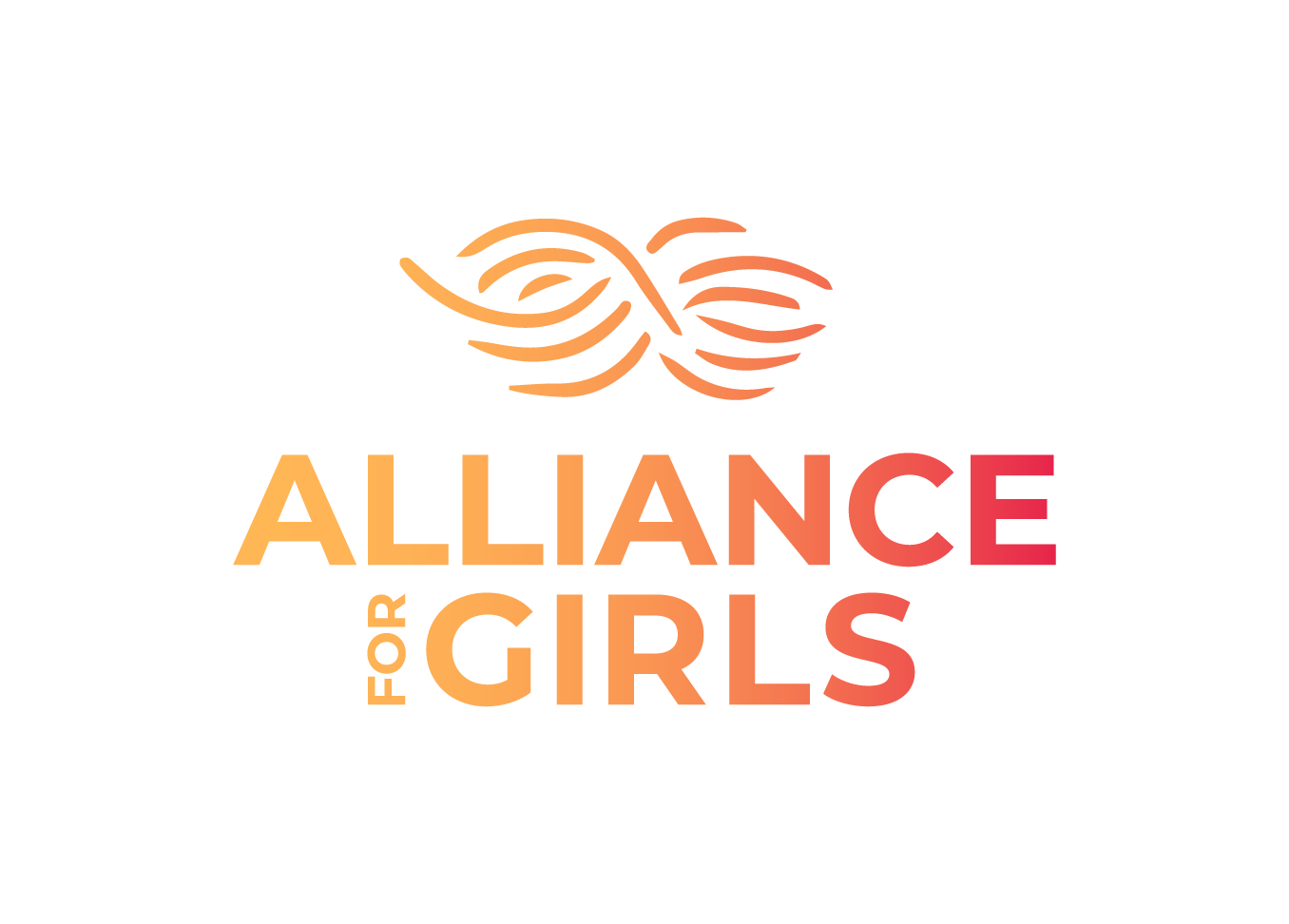Together We Rise | 2019
Research overview:
This report highlights the experience of girls and gender expansive youth of color in the San Francisco Bay Area. From this report, readers can see that despite experiencing daily microaggressions, overt aggression, and violence when navigating the spaces that make up their communities—school, home, community-based organizations, as well as virtual and public spaces—girls of color in the Bay Area are perpetually rising. They are rising and thriving with dreams to build a better and brighter present and future for themselves and others. Across Oakland, San Jose, and San Francisco, we heard from a total of 63 girls who shared their struggles, their dreams, and their recommendations for change.
Key findings:
Throughout the study girls shared that:
Their homes as sources of solace and stress, determined by multiple and intersecting factors including their parents’ or guardians’ working conditions, whether their parents or guardians had a healthy and safe relationship, and the type of interactions their family members have with each other and them.
Their school are under-resources, lacking the courses they need, and a space where they experience discrimination and harassment from educators and peers at school based on their gender, race/ethnicity, and religion.
They experience a lot of sexual harassment and stalking on publish transportation and when walking through their communities
Girls feel supported by girl-serving organizations
There are many systemic and structural barriers that impact girls including poverty, housing, immigration, racism and sexism.
Recommendations:
The girls that led this study broke down their recommendations into a series of categories:
Girls and home life
Girls said that they want their male family members to understand that the best way to support them is to treat all women and girls with respect and care; girls want them to not perpetuate or participate in the objectification and harassment of women and girls.
Girls and school
Girls want stronger, better, resourced, and more supportive schools. Some key things they highlighted included:
Better funding to pay teachers
More support from teachers
Spaces where girls can come together to talk about the issues they experience
Free feminine hygiene products, scholarships, and courses that provide life skills such as financial management and human sexuality in schools
More counselors and increased access to mental health services in schools
Girls and public spaces
Girls want better bystander interventions to support them if they are experiencing verbal or physical harassment. They recommend for public transport to be created and responsive to the specific needs of girls and gender expansive youth, especially those of color.
Girls and girl-serving organizations
Girls want to see more spaces and organizations where girls can come together.
Girls and structural and systemic barriers
Girls want less violence, clearner streets, more affordable housing, less violence, and more help for undocumented people.
Girls want their ideas and opinions to be heard and to share policy and budgets.
